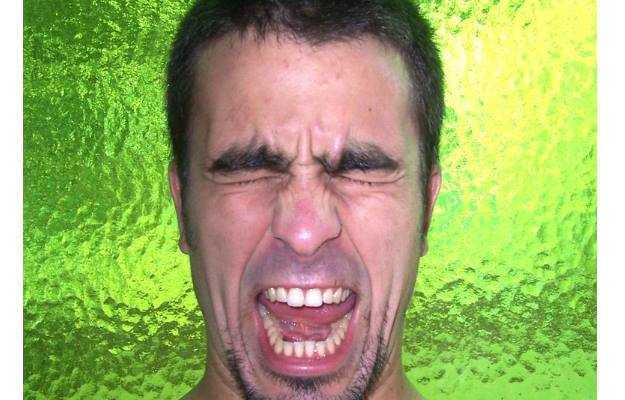What is myoclonus?
Myoclonus is a movement disorder in which there are sudden, jerky, involuntary movements of one or more muscles. This disorder can start in one part of the body and then spread to other regions. The condition affects men and women equally. Myoclonus itself is not a disease.
In general, the prevalence is 1.3 cases per 100 thousand people every year across the world.
What are its main signs and symptoms?
Symptoms you may experience in this disorder depend upon the cause of myoclonus. Commonly seen symptoms in people without any existing neurological disease are:
- Jerky movements while sleeping
- Hiccups
- Difficulty in falling asleep
- Trouble in walking or speaking or eating
- Unsteady gait
- Memory loss
The frequency and severity of myoclonus varies from one person to another and depends on the underlying cause.
What are the main causes?
Involuntary, sudden movements can be caused by 2 mechanisms:
- Due to muscle contractions called positive myoclonus
- Due to the inhibition of muscle activity called negative myoclonus
Positive myoclonus is generally more commonly seen than negative myoclonus.
Following conditions can result in myoclonus:
- Failure of liver and kidney function
- Epilepsy
- Injury to head
- Lack of oxygen
- Infection
- Imbalances in sodium, potassium, and calcium levels
- Medications like opioids, anti-Parkinson’s, antidepressants and antihistamines
- Neurologic disorders like Alzheimer’s, parkinsonism
- Stroke
- Brain tumour
How is it diagnosed and treated?
At first, your doctor will try to identify the cause of myoclonus by conducting physical examination and a detailed history. To diagnose the cause, blood tests to detect abnormalities in levels of electrolytes will be performed. Your doctor will recommend imaging test called magnetic resonance imaging (MRI) if suspicious of brain abnormalities or electroencephalogram (EEG) in case of seizures. Rarely, genetic testing and skin biopsy are needed for diagnosis.
Treatment is not required for every myoclonus episode you experience. Correction of the cause can reduce myoclonus symptoms without any need of further therapy. For example, if myoclonus is caused by certain medicines, stoppage of those medicine or in case of kidney failure, haemodialysis can relieve you from the jerky movements.

 OTC Medicines for Myoclonus
OTC Medicines for Myoclonus















